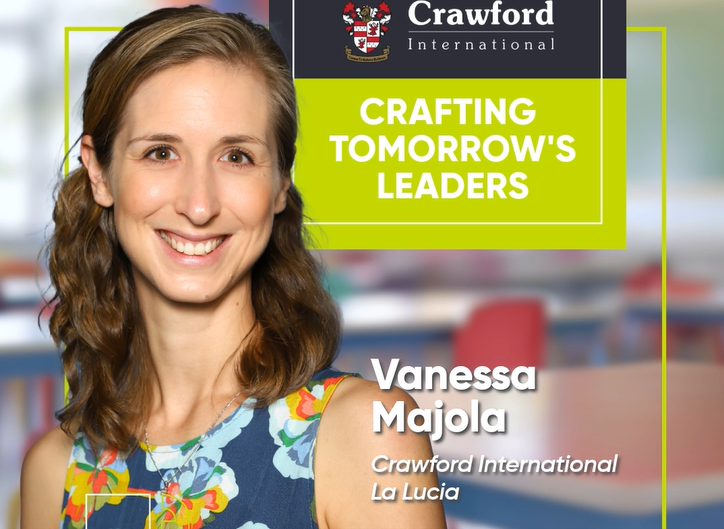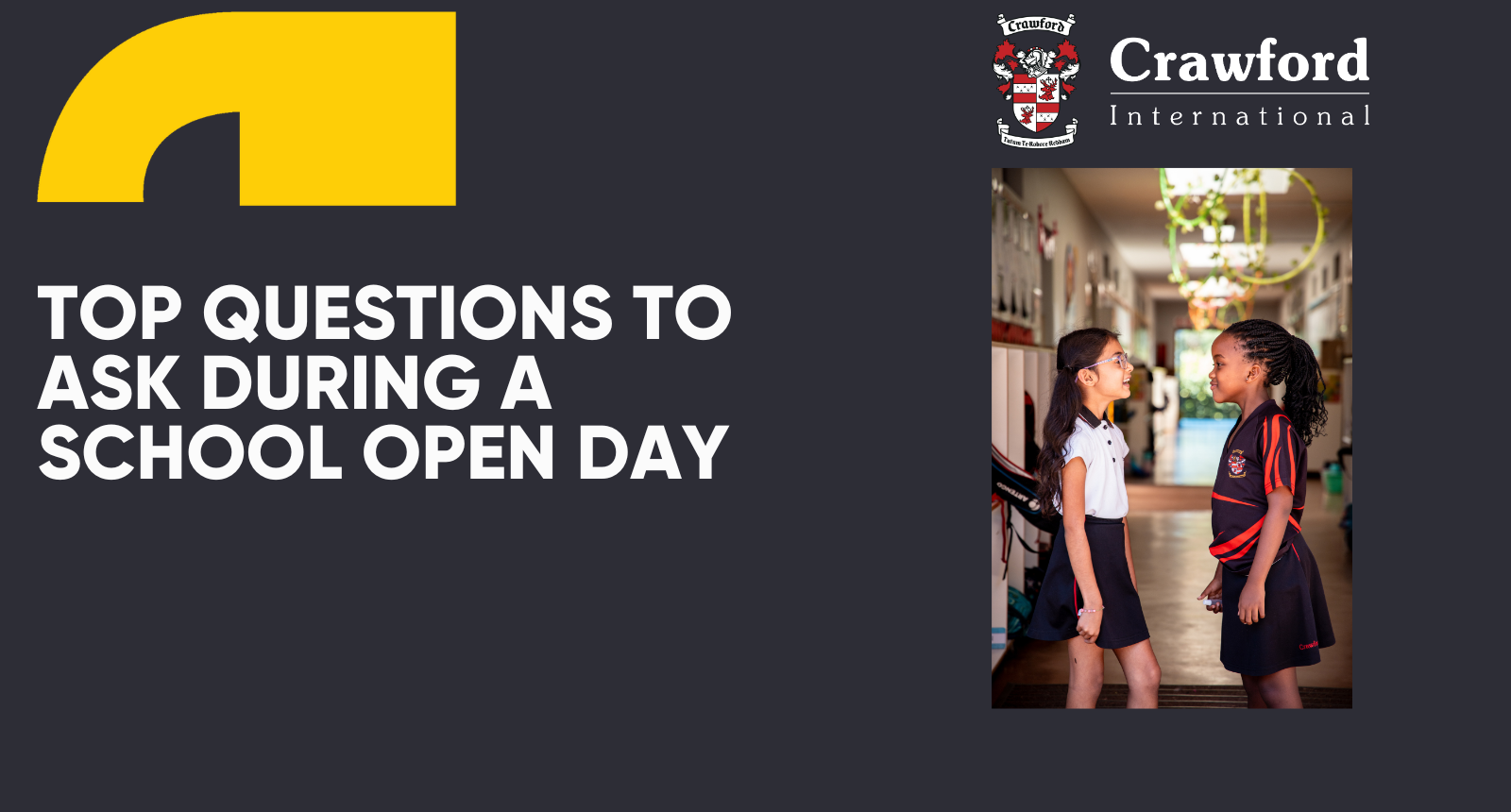10 Reasons Why Early Childhood Development is Important
ADvTECH Group • April 15, 2025
The first six years of a child’s life are crucial when it comes to early childhood development.

Article Summary:
"Early childhood development is critical because it lays the groundwork for a child’s academic, emotional, and physical well-being throughout life. This article outlines 10 compelling reasons why the early years—from birth to age eight—are so influential. It explains how early experiences shape brain development, build social and communication skills, and prevent future behavioral and health issues. It also highlights broader impacts like improving economic outcomes and aligning with global education goals. Understanding and supporting early development ensures children grow into healthy, capable, and resilient adults.
So lets get into it.
Why is early childhood education important? The latest developments in science have shown that the first six years of a child’s life are crucial when it comes to early childhood development."
More than one million neural connections are formed each second in a child’s brain during this period, showing us that they learn more in these early years than they do at any other point in their lives.
Early Childhood Development (ECD) is a cornerstone of lifelong learning, personal growth and meaningful societal contribution. At Crawford International, we recognise that ECD is far more than a preparatory stage of schooling. It is the foundation upon which every child builds cognitive ability, emotional intelligence, social connection and physical wellbeing. High-quality early development plays a critical role in ensuring that each learner reaches their full potential in an ever-evolving world.
What is Early Childhood Development?
ECD refers to the physical, emotional, cognitive, social and behavioural growth of children from birth to approximately eight years of age. These early years are marked by significant neurological development. According to UNICEF (2021), a child’s brain forms more than one million neural connections every second during this period. These connections shape the architecture of the brain and lay the groundwork for all future learning and behaviour.
At Crawford, the Pre-Primary Phase is guided by the International Baccalaureate (IB) framework, which promotes inquiry-based, child-centred learning. This environment encourages children to develop core learner attributes such as curiosity, independence, collaboration and emotional self-regulation. Our classrooms are designed to support young students in exploring the world meaningfully, nurturing a love of learning that extends well beyond early childhood.
The Impact of ECD on a Child’s Future
A strong early childhood foundation has lifelong benefits. It influences everything from school readiness and literacy to employability and health outcomes in adulthood. The World Health Organization (2023) notes that children who benefit from effective early learning environments are more likely to perform better academically, develop stronger social skills and demonstrate greater emotional resilience.
In South Africa, the importance of ECD is particularly pronounced. Socio-economic disparities often limit access to quality education and development opportunities. Effective early learning interventions can help reduce this gap, levelling the playing field for children from diverse backgrounds and promoting long-term equity (Department of Basic Education, 2021).
10 Reasons Why Early Childhood Development is Important
1. Rapid Brain Development:
More than 80 percent of brain development occurs before the age of five. Rich, stimulating environments during this time enhance cognitive functions that underpin future learning (UNICEF, 2021).
2. School Readiness:
Children exposed to well-structured early learning environments arrive in the Foundation Phase with stronger language, numeracy and social skills. These learners typically adapt more confidently to formal schooling.
3. Holistic Development:
ECD nurtures the whole child. At Crawford, we focus on physical development, emotional intelligence, creativity and critical thinking as part of an integrated model.
4. Enhanced Emotional Intelligence:
Social-emotional learning in the early years helps children understand and manage emotions, develop empathy and build strong interpersonal relationships.
5. Resilience and Self-Regulation:
Play-based and inquiry-led approaches help children develop problem-solving skills and emotional self-regulation, laying a foundation for resilience throughout life (Centre on the Developing Child, Harvard University, 2020).
6. Long-Term Academic Success:
Numerous longitudinal studies show that high-quality ECD contributes to improved educational outcomes, reduced need for remedial support and higher levels of school retention (World Bank, 2022).
7. Socio-Economic Equalisation:
In a country like South Africa, where early learning opportunities vary significantly, effective ECD can reduce inequality and provide every child with a fair start (DBE, 2021).
8. Parental Partnership:
ECD works best when there is collaboration between parents and educators. At Crawford, we encourage active parent involvement and regular engagement to support each child’s journey.
9. 21st Century Skills:
Early exposure to technology, including AI-supported learning platforms, helps foster digital literacy and adaptability from a young age. Crawford integrates EdTech thoughtfully to support engagement and individual learning pathways.
10. Foundation for Global Citizenship:
Through the IB framework and cross-cultural learning, children begin to understand broader global contexts, preparing them for future leadership in a globally connected society.
The Role of Parents and Educators in ECD
Effective ECD requires a strong partnership between home and school. Parents provide the first learning environment and set the emotional tone for how children experience the world. Teachers, on the other hand, bring expertise in developmental milestones, guided learning and socialisation. At Crawford, we value both roles equally and provide families with regular insight into personalised learning journeys, empowering them to extend developmental support at home.
The Challenges Associated With Early Childhood Development
Despite its significance, ECD in South Africa faces several challenges. These include unequal access to resources, underqualified practitioners in some sectors, and limited infrastructure in many communities. Moreover, rapid societal and technological change places additional demands on early childhood programmes.
How Crawford Helps
At Crawford, we address these challenges by investing in highly qualified teachers, continuous professional development and state-of-the-art learning environments. Our use of AI and adaptive technology ensures that students receive tailored academic support, even in the earliest stages of learning.
We also place a strong emphasis on co-curricular development. Sports and creative activities play a key role in early development by building physical health, teamwork, confidence and perseverance. Our structured introduction of eSports in later phases further supports strategic thinking and responsible digital engagement, competencies essential in the modern world.
Conclusion:
The importance of early childhood development cannot be overstated. It is the bedrock of academic success, emotional wellbeing and social integration. As a future-focused institution, Crawford International remains committed to nurturing confident, capable and globally minded individuals from their earliest years. Through a combination of world-class pedagogy, technology integration and parental partnership, we ensure that our learners are equipped for the challenges and opportunities of the future.












